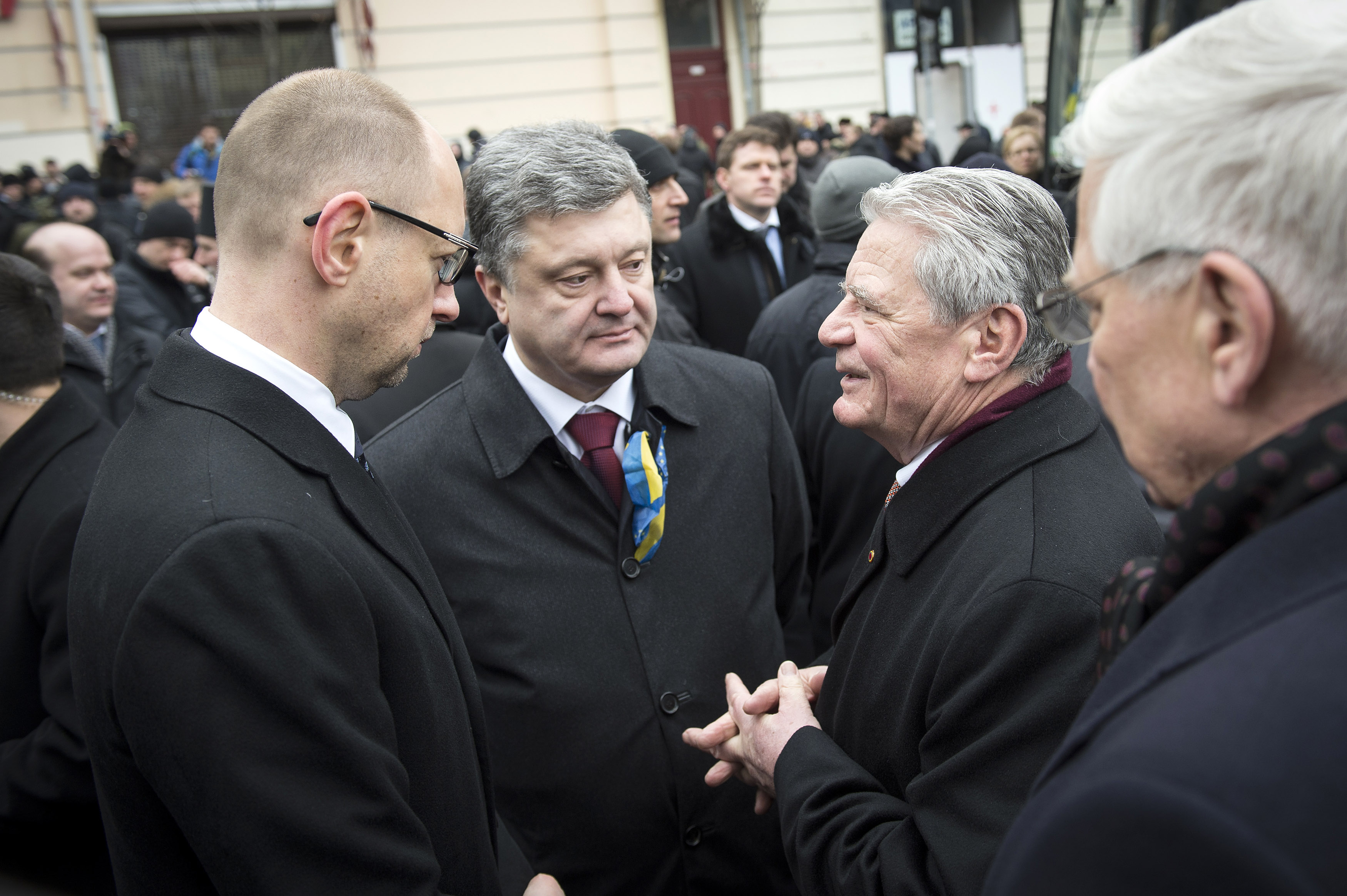In mid-January, Russian president Vladimir Putin sent a letter to his Ukrainian counterpart Mr Petro Poroshenko suggesting a plan for the withdrawal of heavy armaments from the line of contact between Ukrainian and so-called separatist forces in the Donbas region, as well as other key issues of the Minsk agreement concluded in September 2014. Consequently, a series of shuttle diplomacy contacts and meetings were initiated by German chancellor Mrs Angela Merkel and French president of France Mr François Hollande that culminated in a new agreement („implementation measures“), let’s call it Minsk II, in the early morning of the 12th of February.
Read more


















